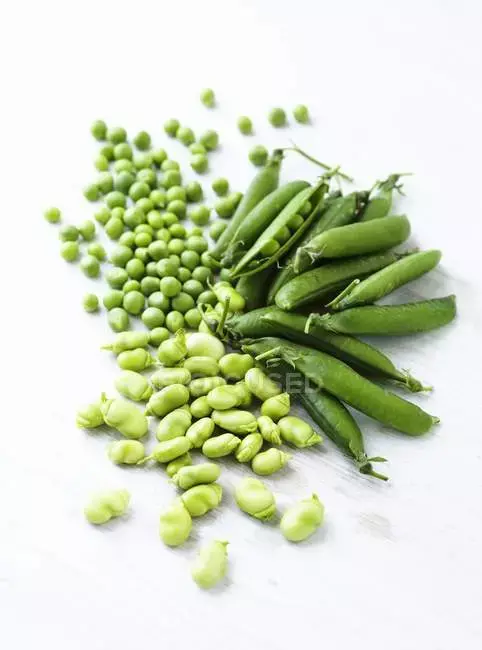- Home
- Medical news & Guidelines
- Anesthesiology
- Cardiology and CTVS
- Critical Care
- Dentistry
- Dermatology
- Diabetes and Endocrinology
- ENT
- Gastroenterology
- Medicine
- Nephrology
- Neurology
- Obstretics-Gynaecology
- Oncology
- Ophthalmology
- Orthopaedics
- Pediatrics-Neonatology
- Psychiatry
- Pulmonology
- Radiology
- Surgery
- Urology
- Laboratory Medicine
- Diet
- Nursing
- Paramedical
- Physiotherapy
- Health news
- Fact Check
- Bone Health Fact Check
- Brain Health Fact Check
- Cancer Related Fact Check
- Child Care Fact Check
- Dental and oral health fact check
- Diabetes and metabolic health fact check
- Diet and Nutrition Fact Check
- Eye and ENT Care Fact Check
- Fitness fact check
- Gut health fact check
- Heart health fact check
- Kidney health fact check
- Medical education fact check
- Men's health fact check
- Respiratory fact check
- Skin and hair care fact check
- Vaccine and Immunization fact check
- Women's health fact check
- AYUSH
- State News
- Andaman and Nicobar Islands
- Andhra Pradesh
- Arunachal Pradesh
- Assam
- Bihar
- Chandigarh
- Chattisgarh
- Dadra and Nagar Haveli
- Daman and Diu
- Delhi
- Goa
- Gujarat
- Haryana
- Himachal Pradesh
- Jammu & Kashmir
- Jharkhand
- Karnataka
- Kerala
- Ladakh
- Lakshadweep
- Madhya Pradesh
- Maharashtra
- Manipur
- Meghalaya
- Mizoram
- Nagaland
- Odisha
- Puducherry
- Punjab
- Rajasthan
- Sikkim
- Tamil Nadu
- Telangana
- Tripura
- Uttar Pradesh
- Uttrakhand
- West Bengal
- Medical Education
- Industry
Beans Intake Enhances Diet Quality and Reduce Waist Circumference: BMC

A recent study published in the BMC Nutrition Journal examined the role of beans in American dietary patterns and found significant evidence that including beans in the diet can improve diet quality and boost nutrient intake. This study identified common dietary patterns among adults that included beans and compared these patterns with the people who did not include beans by focusing on nutrient intake and diet quality.
The study utilized data from the National Health and Nutrition Examination Survey (NHANES) that spanned from 2001 to 2018. This research employed cluster analysis to identify different patterns of bean consumption and used the USDA food coding system to define daily bean intake. The study identified five distinct dietary patterns, four of which included both canned and dry beans, while one pattern excluded beans entirely. The beans considered in the study included kidney beans, black beans, chickpeas and pinto beans.
Adults who consumed beans, identified in Bean Dietary Patterns 1, 2, 3, and 4, demonstrated significantly higher diet quality scores as per the USDA’s Healthy Eating Index-2015. Specifically, their scores ranged from 55.2 to 61.2 when compared to a score of 48.8 for the individuals whose diet did not include beans. This indicates a higher overall diet quality among bean consumers.
Also, bean consumers showed significantly higher intakes of several essential nutrients often lacking in typical American diets. These nutrients included choline, alpha-linolenic acid, folate, iron, magnesium, and vitamin E. The intake of dietary fiber, potassium and calcium were also significantly higher among those who included beans in their diet. The study also revealed positive outcomes related to weight management. The Bean Dietary Patterns 1 and 2, which involved consuming approximately 1.7 to 2 servings of beans daily were linked to lower BMI, decreased body weight and improved waist circumference when compared to the no-bean pattern.
The findings from this comprehensive analysis highlight the significant health benefits associated with bean consumption. Dietary patterns rich in both canned and dry beans not only improve the diet quality but also ensure greater intake of vital nutrients. These patterns contribute to better weight-related health outcomes which could become a potential strategy for addressing obesity and related conditions. Overall, this study highlights the importance of promoting increased consumption of canned and dry beans within American dietary guidelines.
Reference:
Papanikolaou, Y., Slavin, J., & Fulgoni, V. L., III. (2024). Adult dietary patterns with increased bean consumption are associated with greater overall shortfall nutrient intakes, lower added sugar, improved weight-related outcomes and better diet quality. In Nutrition Journal (Vol. 23, Issue 1). Springer Science and Business Media LLC. https://doi.org/10.1186/s12937-024-00937-1
Neuroscience Masters graduate
Jacinthlyn Sylvia, a Neuroscience Master's graduate from Chennai has worked extensively in deciphering the neurobiology of cognition and motor control in aging. She also has spread-out exposure to Neurosurgery from her Bachelor’s. She is currently involved in active Neuro-Oncology research. She is an upcoming neuroscientist with a fiery passion for writing. Her news cover at Medical Dialogues feature recent discoveries and updates from the healthcare and biomedical research fields. She can be reached at editorial@medicaldialogues.in
Dr Kamal Kant Kohli-MBBS, DTCD- a chest specialist with more than 30 years of practice and a flair for writing clinical articles, Dr Kamal Kant Kohli joined Medical Dialogues as a Chief Editor of Medical News. Besides writing articles, as an editor, he proofreads and verifies all the medical content published on Medical Dialogues including those coming from journals, studies,medical conferences,guidelines etc. Email: drkohli@medicaldialogues.in. Contact no. 011-43720751


